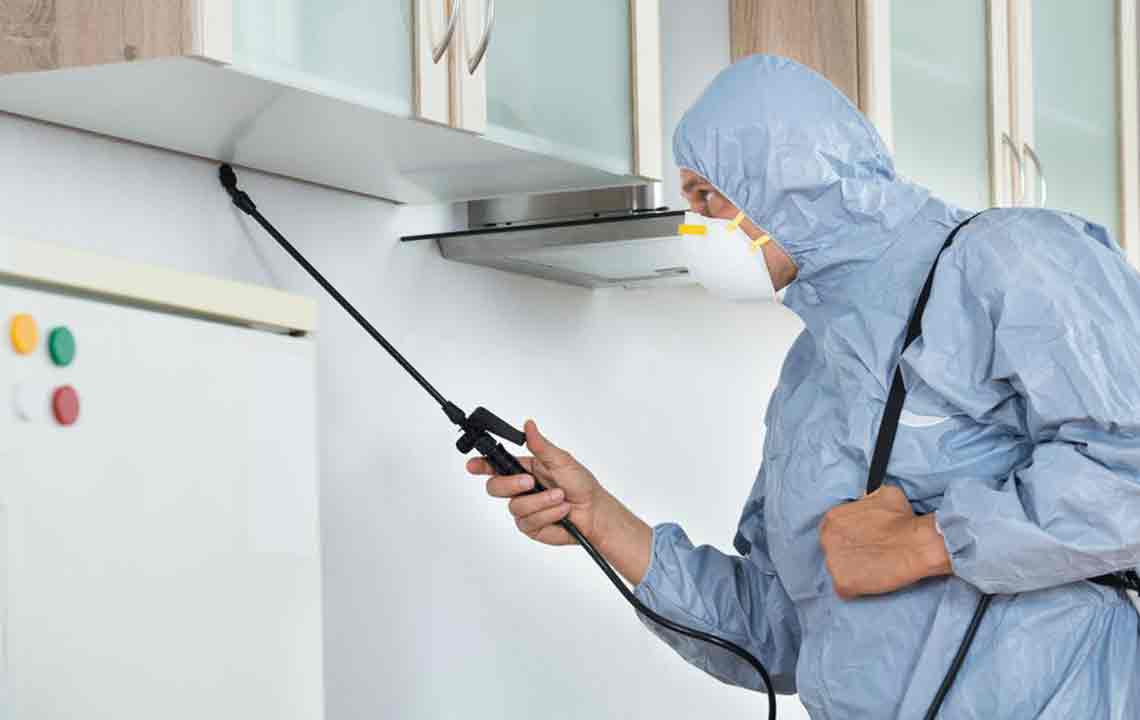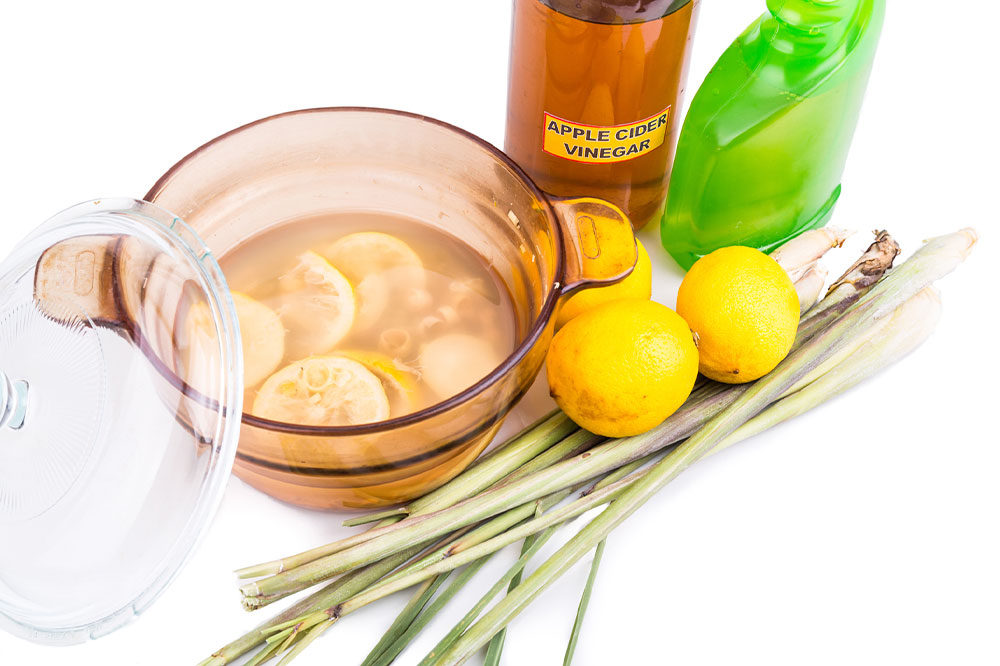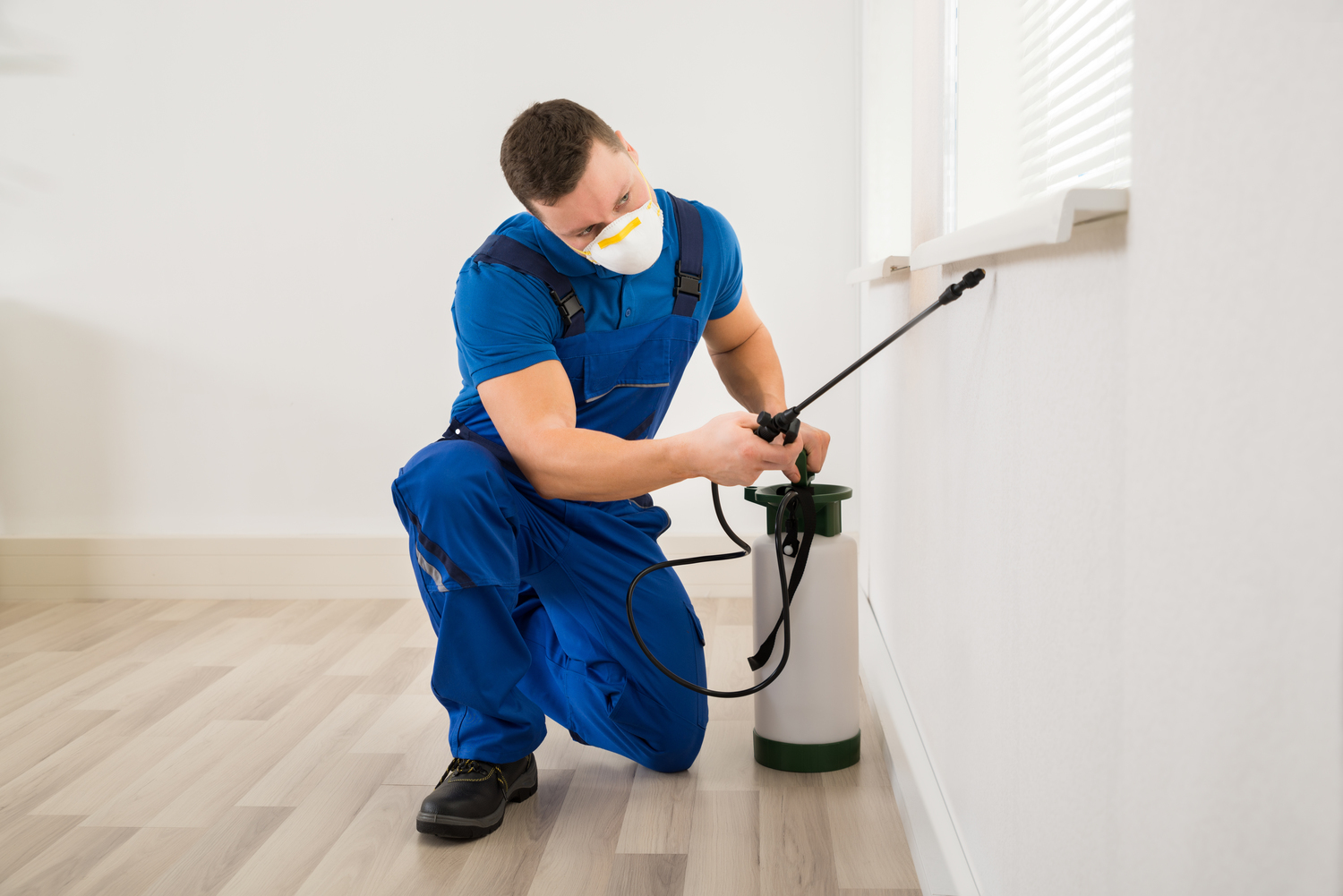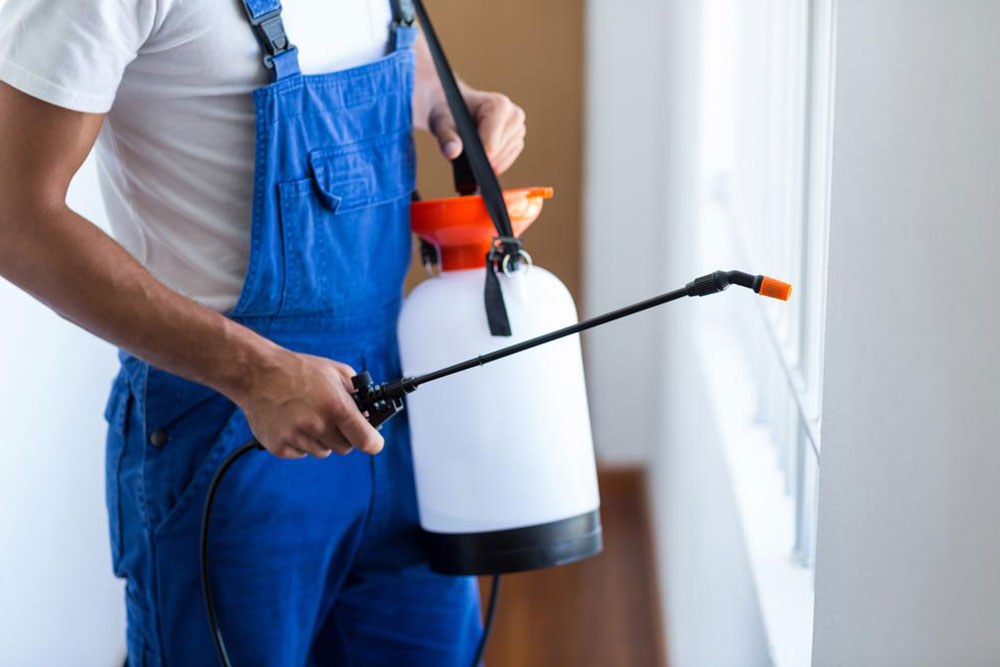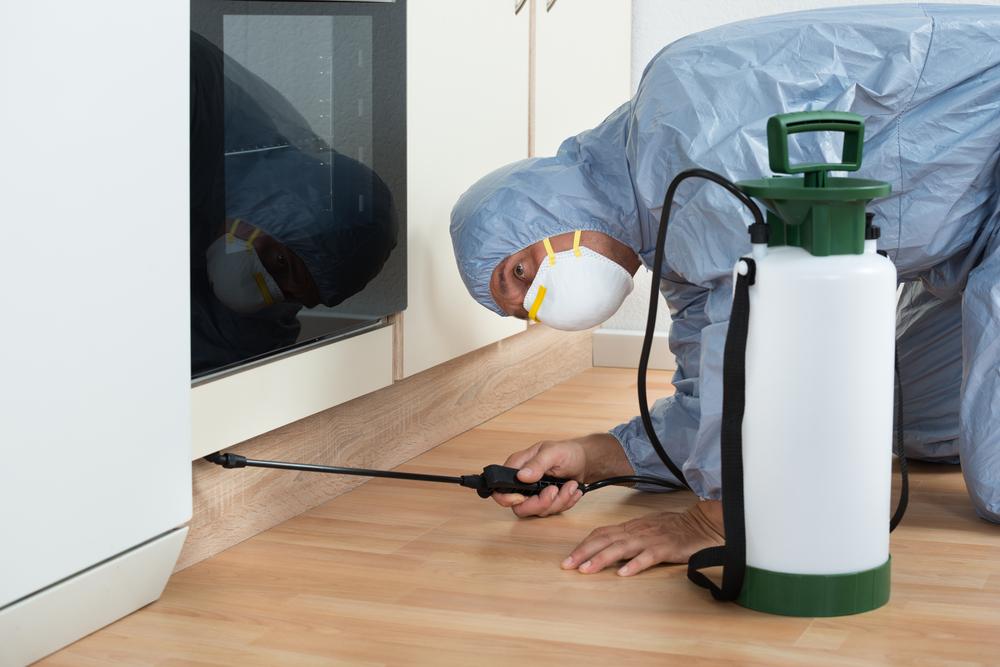Comprehensive DIY Home Pest Control Strategies to Keep Your Living Space Safe and Pest-Free
Learn comprehensive DIY pest control strategies that are safe, economical, and effective in maintaining a pest-free home. Discover natural remedies, preventative tips, and safe chemical methods to protect your living space from common household pests. Implementing these techniques can help you avoid costly professional treatments and ensure a healthy, pest-free environment for you and your family.
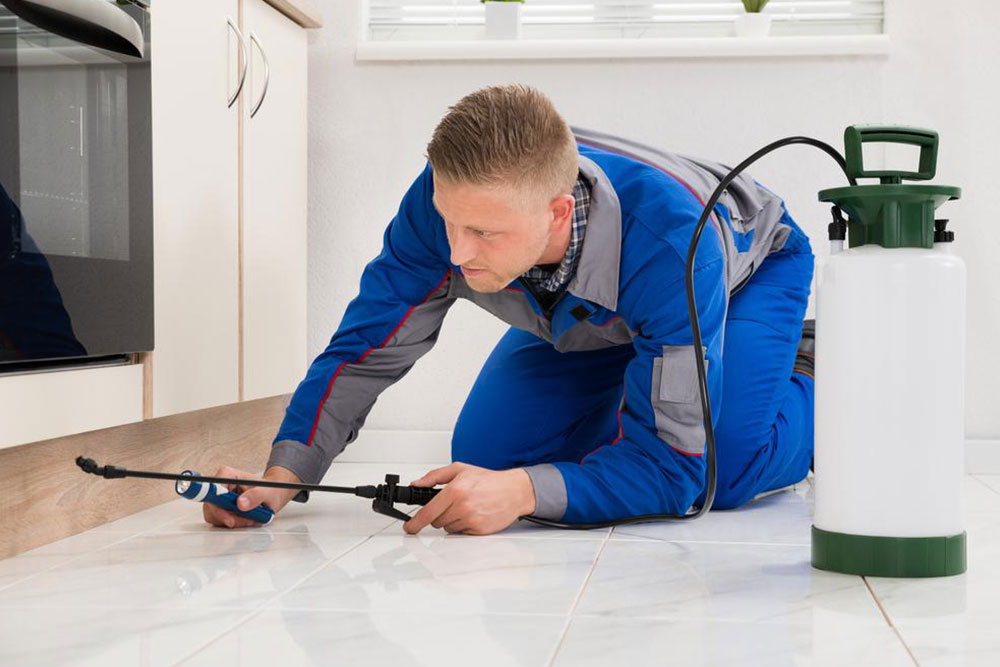
Comprehensive DIY Home Pest Control Strategies to Keep Your Living Space Safe and Pest-Free
Pests such as cockroaches, ants, termites, rodents, bed bugs, beetles, ticks, spiders, stink bugs, moths, silverfish, mosquitoes, and crickets are common household invaders that can significantly disrupt your peace of mind and pose health risks. These unwelcome visitors not only cause physical discomfort but can also transmit diseases, making effective pest control essential. While employing professional pest control services delivers swift and thorough eradication, the costs involved can be a hurdle for many homeowners. Fortunately, a wide range of budget-friendly and environmentally safe DIY pest management techniques are available that enable you to prevent and eliminate pests with confidence. Implementing simple preventative steps and natural remedies can significantly reduce the likelihood of infestations and help maintain a healthier home environment.
Understanding the Importance of Prevention
Prevention remains the most effective and sustainable approach to managing household pests. Early detection and intervention can prevent minor issues from escalating into major infestations that are more difficult and costly to control. Essential preventative measures include fixing leaks to eliminate water sources that attract pests, sealing food containers to prevent pantry infestations, and maintaining overall cleanliness. Damp, cluttered, and dirty areas are magnets for pests, so regular cleaning, proper sanitation, and organization are crucial. Vigilance in identifying early signs of pests, such as droppings, damage, or unusual smells, enables prompt action. When infestations do become severe, professional pest control solutions might be necessary, but many issues can still be mitigated effectively with DIY techniques.
Effective Homemade Pest Control Methods
Regular drain cleaning is crucial. Pour a combination of ½ cup baking soda and ½ cup vinegar down the drain, then follow with boiling water after four minutes to flush out and deter pests like drain flies and cockroaches.
Use natural soap solutions by spraying surfaces with a mixture of two tablespoons of pure castile soap in a gallon of water. This acts as a safe insect repellent without harsh chemicals, making it suitable for kitchens and living areas.
Harness the power of essential oils such as citronella, lemon eucalyptus, geranium, lavender, patchouli, or rosemary. Dilute a few drops of these oils with grain alcohol to create powerful repellents. These oils are effective against various pests, including mosquitoes, ants, and spiders. Though store-bought sprays are available, homemade versions allow you to control ingredients and reduce chemical exposure. Always wear protective gear such as masks and gloves when applying stronger chemical-based repellents to ensure safety.
Natural barriers like coffee grounds can help ward off ants. Sprinkle coffee grounds around entry points like doorways and window sills to create a pest-repellent barrier that pests tend to avoid.
While natural remedies are effective, it's important to adhere to safety guidelines when using chemical pesticides. Always read instructions carefully, especially when applying around children and pets, and consider using eco-friendly options whenever possible.
In conclusion, a proactive, natural, and cost-effective approach to pest control can significantly reduce household infestations, improve health, and save money. By incorporating preventative measures and natural remedies into your routine, you can create a pest-resistant environment and enjoy peace of mind in your home environment. Regular maintenance, awareness, and early intervention are the cornerstones of effective DIY pest management.
